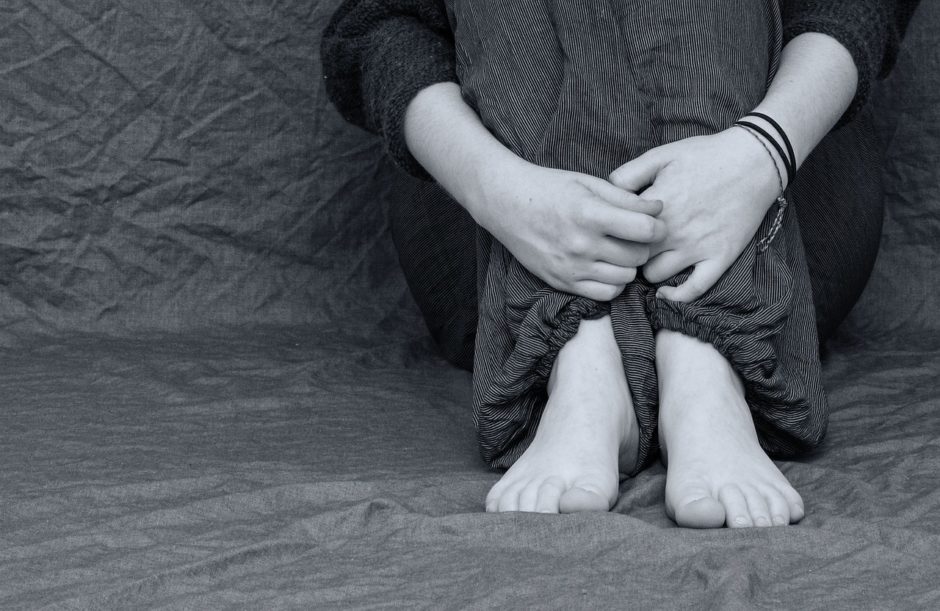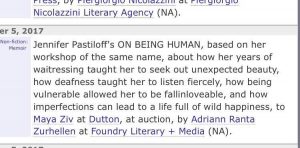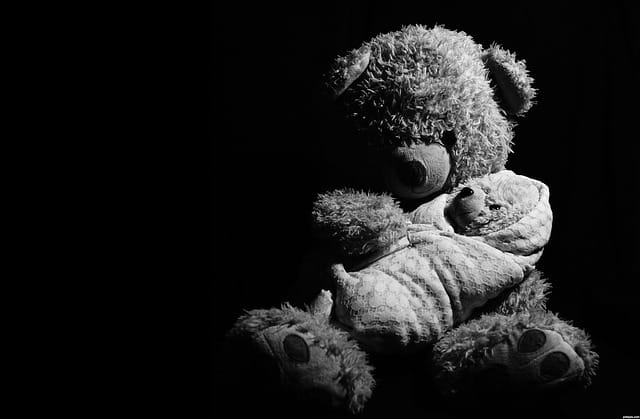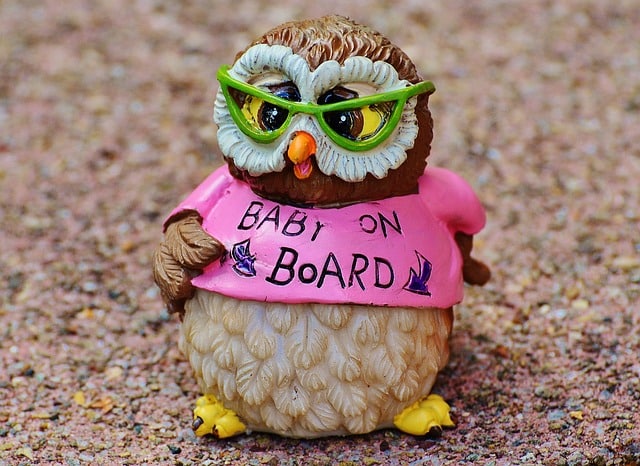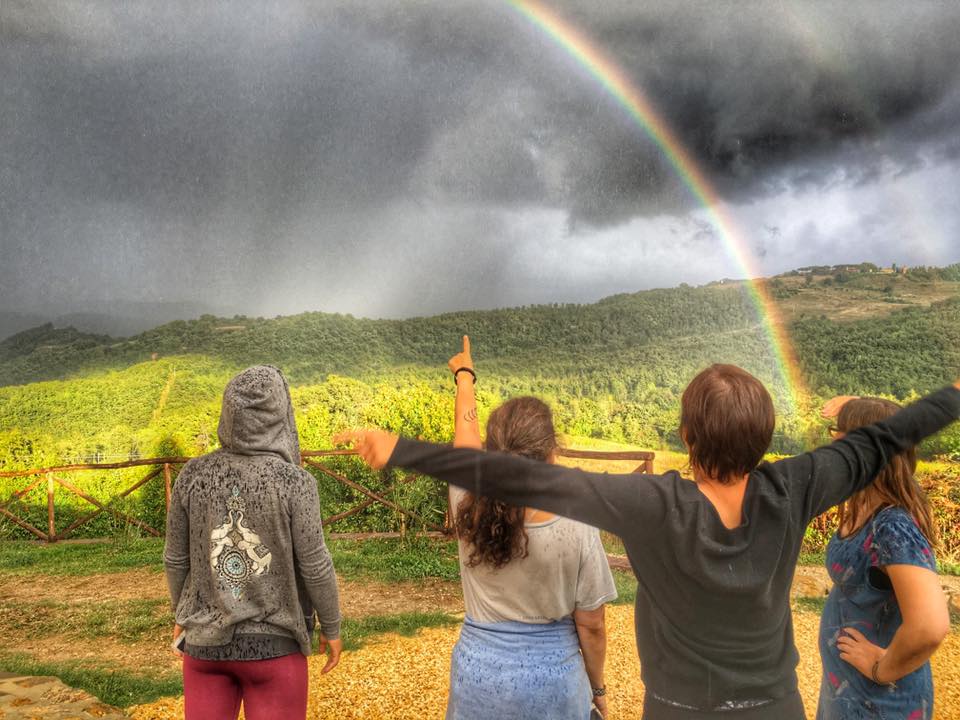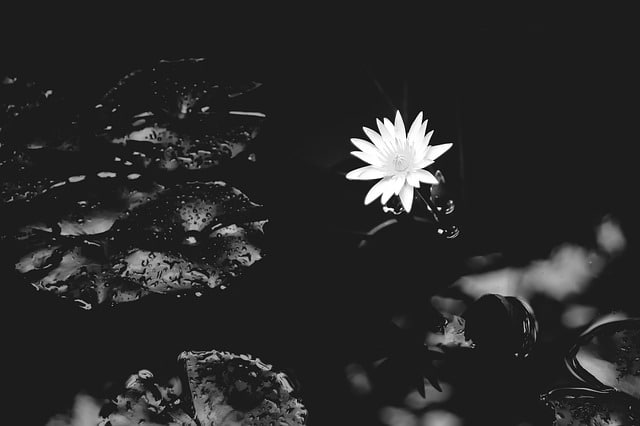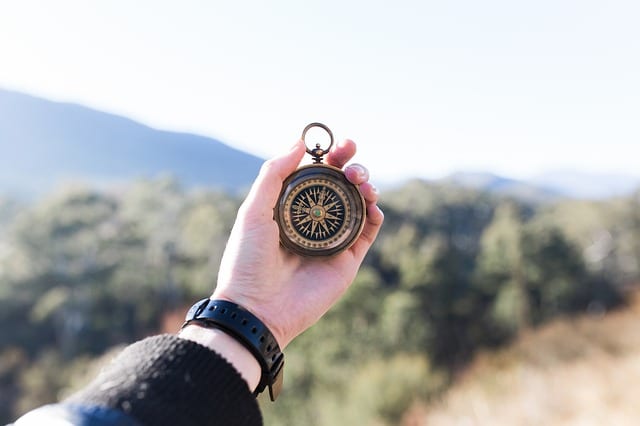By Susan Moshofsky
I birthed my second pregnancy into a toilet. Cramps came in waves, crested, doubled me over until I’d hunch my way from my bed where I’d been grading papers to the bathroom a few feet away where, bare feet on the cold linoleum floor, I sat and turned the toilet water red. I bled fetus, tissue, death, 12 weeks of anticipation, trip after trip, bed to toilet: bright red blood filling the bowl, plus a shaggy clot or two, every other trip. Flush and repeat.
The OB’s office said they were sorry, there was nothing they could do. Don’t exert yourself. Take ibuprofen. Lie down. Don’t soak more than a pad an hour, or you’ll have to come in.
This, then, became my task: do this right, this miscarriage. Oh, and grade 164 essays in between trips to the toilet. Quarter grades were due in two days. Two deadlines. Dead lines. I’d wait as long as I could, lying on the bed while I graded so as not to overexert. I lay next to my husband as he kept me company reading Annie Dillard’s The Living. Continue Reading…


